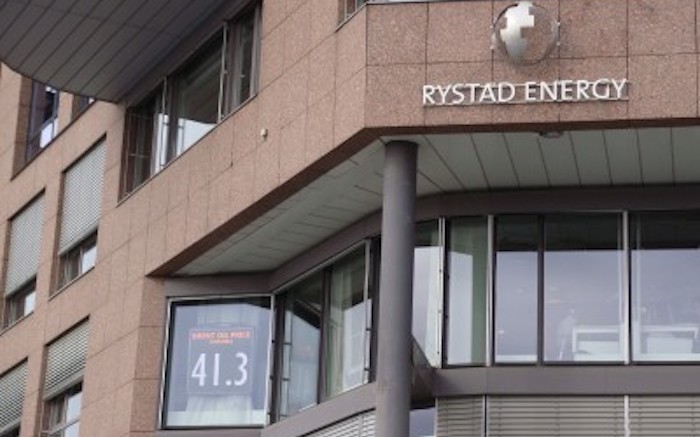A new report by Rystad Energy, Monday,says Europe is heading into an energy crunch “earlier than expected” despite recent moves to curb demand and increase supply.
“European governments and the power sector have lined up support packages to soften the financial blow but may need to consider some drastic moves before winter begins to bite,” it added in the report.
“The hope that summer would bring a reprieve has not materialised, as gas flows drop [and] LNG cargoes reach their capacity limit. With temperatures rising, supply may not be sufficient to meet demand in addition to restocking ahead of next winter,” said Rystad in light of the current heatwave in Europe, which has seen German power prices hit a four-month high.
The report came amid concerns the key Russian-owned Nord Stream 1 gas pipeline linked to Germany would not restart after maintenance on Thursday.
Europe had already seen supply via the pipeline cut to 40% of capacity before the outage on what Russia’s state-run Gazprom claimed were turbine issues, though Germany cited “politics” amid Moscow’s rising tensions with the West due to the war in Ukraine.
Rystad warned the current energy price crisis could deepen further, with gas prices already at least four times higher than they were a year ago, having a subsequent knock-on effect on power.
“Highly volatile gas supply has seen European power pricing swing far more wildly than before the war in Ukraine. At the start of Russia’s invasion in late February, [German] prices spiked to a historical high of EUR 530/MWh before stabilising closer to EUR 180/MWh,” said the report.
“Recent uncertainty surrounding Russian gas exports to Europe caused the baseload price to rebound to the current EUR 278/MWh – more than triple the price of a year ago. The surge in spot prices has lifted the forward curve, as the main uncertainty is for the winter when the supply/demand balance could get very tight,” added Rystad.
In terms of filling the power gap – since Europe typically relied on Russia for 40% of its gas needs and a significant bulk of its coal, with imports of the latter to be banned from August – options “are extremely limited and costly”, said the firm’s senior power analyst, Vladimir Petrov.
“The point at which the crisis will bite more deeply is looking closer and closer as we head into the summer and then autumn, this is increasingly a matter of ‘when’ and not ‘if’ the crisis arrives.”

